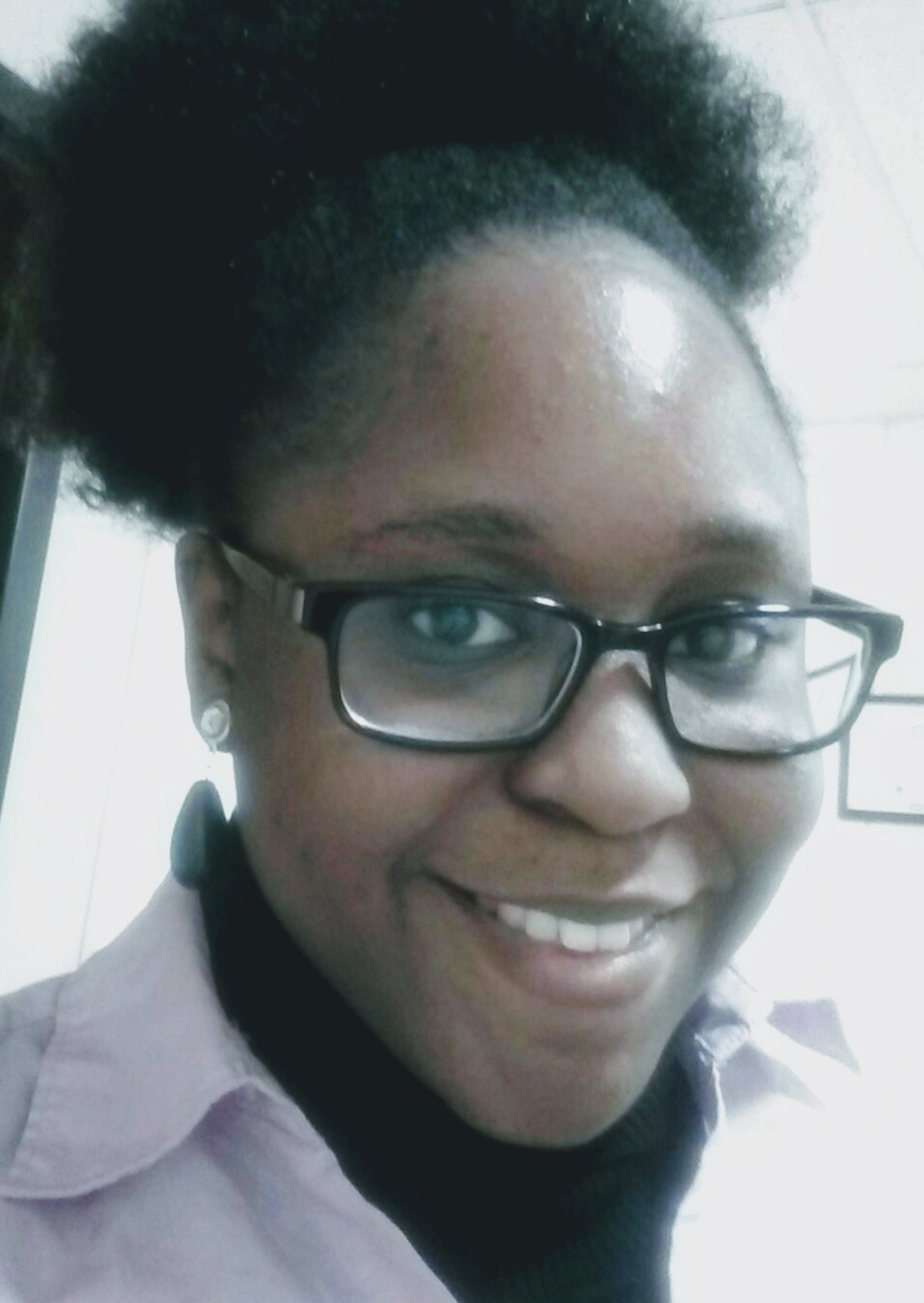Opinion: A movement that’s an overdue wake-up call

“The devil’s best trick is to persuade you that he does not exist.”
This old adage, which originates from French poet and essayist, Charles Baudelaire, I’ve heard retold and paraphrased more than a dozen times. Truly, it sets up the premise for an interesting and provocative point: if you do not even believe that the devil is real, then how will you ever recognize him when you see him?
If the current racial climate in 2020 has taught me nothing else, it’s that even amid the blatant statistical disparities in the criminal justice system and this disturbing trend in racially charged police violence, there are some who still choose to live in ignorance and denial of the facts. How can we ever expect to properly address bias in public safety as a nation when many people can’t even see past their own privileges and through their impenetrable glass bubble, to see the proverbial “devil” in the details?

As one very telling poll showed, only 63% of white American respondents said that they believed there was systemic racial inequality in the treatment of Black Americans by the police, in contrast to 91% of Black respondents. This is depressing. We have to do better. But first we have to know better.
I am a Black woman and I have proudly worked as a 911 dispatcher in metro Atlanta for more than 5 years now. I respect the importance of my role in emergency services and I am grateful for every day that I can serve my county. I know firsthand that racial discrimination is a very real phenomenon, and truth be told, not only is public safety not immune from it, it is very much affected by it.
These days my heart has been especially heavy with grief as I watch the headlines seem to come in with more frequency. Another senseless officer-involved shooting; another routine traffic stop that ruptured into a violence-filled incident; another fatality; another person’s bright future reduced to cold, sterile history on a gurney. The data shows that highly publicized incidents of police brutality have a far-reaching impact through Black neighborhoods and always lead to Black Americans dialing the emergency line less and initiating fewer interactions with police.
It feels like fighting an invisible war sometimes where the battle is already substantially tilted in favor of your opponent. Except the enemy isn’t flesh and blood; it isn’t an individual, or a different demographic. The enemy we are fighting is a worldview; a culture that humiliates and ridicules the oppressed, forgives the oppressor, and tolerates the malignant spread of xenophobia. It is an intellectual war for the hearts and minds of young, impressionable generations who will ultimately shape and redefine the politics of our nation. If we lose, we lose our humanity and we forfeit all the socioeconomic progress we have made so far in combating discrimination. The problem simply becomes the norm.
What the Black Lives Matters movement means to me, is the detriment of a system of power that has served as a harmful reminder of what racial ignorance looks like up close in person. It means the tearing down of an antiquated political mindset that has encouraged hate speech, promoted violence against civil protesters, and fueled hate groups. Those who take the stance that the Black Lives Matter movement is a domestic terrorist group or just a cleverly disguised ploy of the far-Left to overthrow President Trump and demonize all white people, are clearly missing the objective of civil unrest.
The BLM movement isn’t the problem. It is an actual change-driven resistance that was born reactively as a way to address the problem of systemic police bias. Just as the main problem isn’t law enforcement; the bias in policing is a problematic symptom, but it’s not the root cause. The issue is the institutionalized race-based double standard that has pervaded all aspects of our Western society without mitigation. Today in 2020, with Election Day fast approaching, citizens who share my skin color are more sick and tired than ever before. What many fail to understand is the current state of civil unrest and public disorder isn’t the disease. It is the result rather of a greater, inherent sickness. The sickness being the normalization of fear, hate, and insensitive rhetoric.
The looting, the protesting, the marching, the frustration and the public outrage likely won’t stop until the injustice, the racial profiling, and the killings stop. Until Black lives finally matter.
Samantha Hawkins is a 911 public safety dispatcher for Cobb County.


